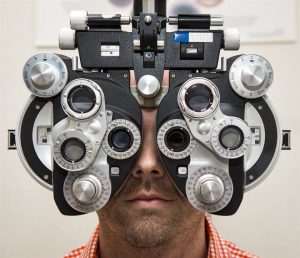I had a really interesting conversation on Wednesday afternoon with a guy called Bruce who I’d been introduced to by a mutual connection who believed there was the potential for some shared value from us talking to each other.
I was interested in how the research that Bruce and others have been doing into interventions for improving physical, mental and social wellbeing might fit with some work I’m currently involved in, and he wanted to explore whether my knowledge and thinking about intrinsic motivation could be useful for his project. We had a wide ranging, productive and very enjoyable hour long call, from which I think we both gained some real benefit.

However, it wasn’t until after our call that another level of value started to kick in.
That evening I was at UEL for the weekly lecture on my Psychology MSc course. I noticed myself listening to it, at least in part, from the point of view of the questions that Bruce and I had been discussing earlier. The next morning when I was in the gym and listening to my current audiobook, once again I found myself running what I was hearing through the filter of “how do you get people to start and continue engaging in exercise?”
Most of the time we are told that filters and biases in the way we listen to, see or interpret things is a bad thing. That they get in the way of insight, innovation and learning.
But what became really clear for me this week is that when you are conscious of them being in place, filters and biases can be extremely powerful tools to enhance your understanding and to help you see different sets of connections that wouldn’t otherwise have been apparent; to enable you to develop and grow in a way that would not have been available without them.
It’s a bit like when you have an eye test and the optometrist is trying out different lenses and saying “Is it clearer with, or without?” “With A, or with B?” Some of the variations make your vision blurred and dull, and some of them result in exceptional clarity.
Deliberately and consciously applied filters and biases can actually enhance your vision and understanding rather than getting it in the way of it. They can help you appreciate someone else’s point of view better, and thereby open up new possibilities that didn’t exist before.
With practice It can also help you become more aware of your own automatically applied biases, thus helping us challenge what we already ‘know’, and become less stuck in our ways.
So start playing with filters, biases and blinkers and see what happens.
Thanks again for a great conversation Bruce, and Patrick for introducing us. It opened up more than any of us realised at the time!
